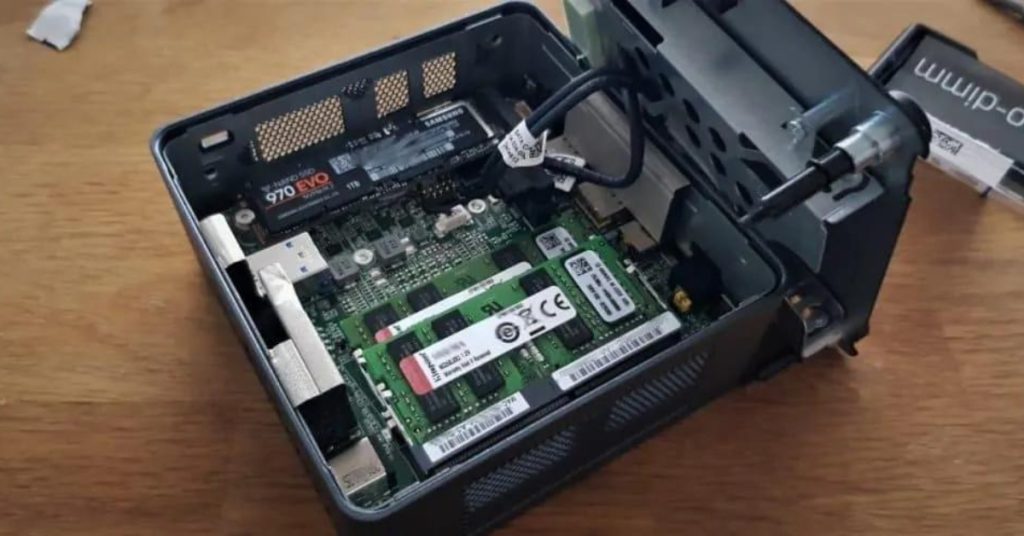
The PowerShell team has just announced the release of PowerShell 7. Built on .NET Core 3, PowerShell 7 reintroduces many APIs needed by modules designed for .NET Framework, ensuring they work seamlessly with the .NET Core runtime. While PowerShell Core 6 aimed at cross-platform compatibility, PowerShell 7 focuses on becoming a viable replacement for Windows PowerShell 5.1 and achieving near parity with it. Here's a simple guide on how to install and update PowerShell 7 on both Windows and Linux using a one-liner.
For detailed insights into what's new in PowerShell 7, check out my blog post!
For a practical example of cross-platform PowerShell, visit my blog post on setting up PowerShell SSH Remoting.
Installing PowerShell 7
Before diving into the one-liner installation method, here's a brief overview of the official documentation for installing PowerShell 7 on various operating systems:
- Installing PowerShell Core on Windows
- Installing PowerShell Core on Linux
- Installing PowerShell Core on macOS
- Installing PowerShell Core on ARM
Install from the Microsoft Store
If you're using Windows 10, PowerShell 7 and higher versions can be easily installed via the Microsoft Store. You can search for it in the Microsoft Store app on Windows 10 or use this link.
Install PowerShell 7 using Winget
For Windows 10 users, the new command-line tool Winget simplifies the process of discovering, installing, upgrading, removing, and configuring applications. To get the latest version of PowerShell, type the following command:
shellCopy codewinget install PowerShellWinget will also soon support automating the process of downloading apps from the Windows Store.
One-liner to Install or Update PowerShell 7 on Windows 10
Steve Lee, Microsoft Principal Software Engineer Manager in the PowerShell Team, shared a one-liner command to quickly install and update PowerShell 7:
shellCopy codeiex "& { $(irm https://aka.ms/install-powershell.ps1) } -UseMSI"Additional switches include:
-Destination: Specify the installation path.-Daily: Install daily builds of the latest PowerShell previews.-Preview: Install the latest preview version.-UseMSI: Use the MSI installer.-Quiet: Quiet installation mode.-DoNotOverwrite: Prevent overwriting the destination folder if it exists.-AddToPath: Add the installation path to the system PATH variable.
One-liner to Install or Update PowerShell 7 on Linux
For Linux users, you can use this one-liner to install PowerShell 7:
Depending on your distro, this command will register Microsoft package repositories and install the appropriate package (deb or rpm).
Additional switches include:
-includeide: Installs VSCode and VSCode PowerShell extension.-interactivetesting: Launch VSCode for a quick test.-skip-sudo-check: Use sudo without verifying its availability.-preview: Install the latest preview release alongside any existing production releases.
To run the PowerShell Preview, use:
shellCopy codepwsh
After Installing
After installing PowerShell 7, remember to update PowerShellGet and the PackageManagement module.
On Windows 10, I prefer using the Microsoft Store for installation, complemented by Winget for command-line operations. I hope this guide was helpful. If you have any questions, please leave a comment!
Comments (0)